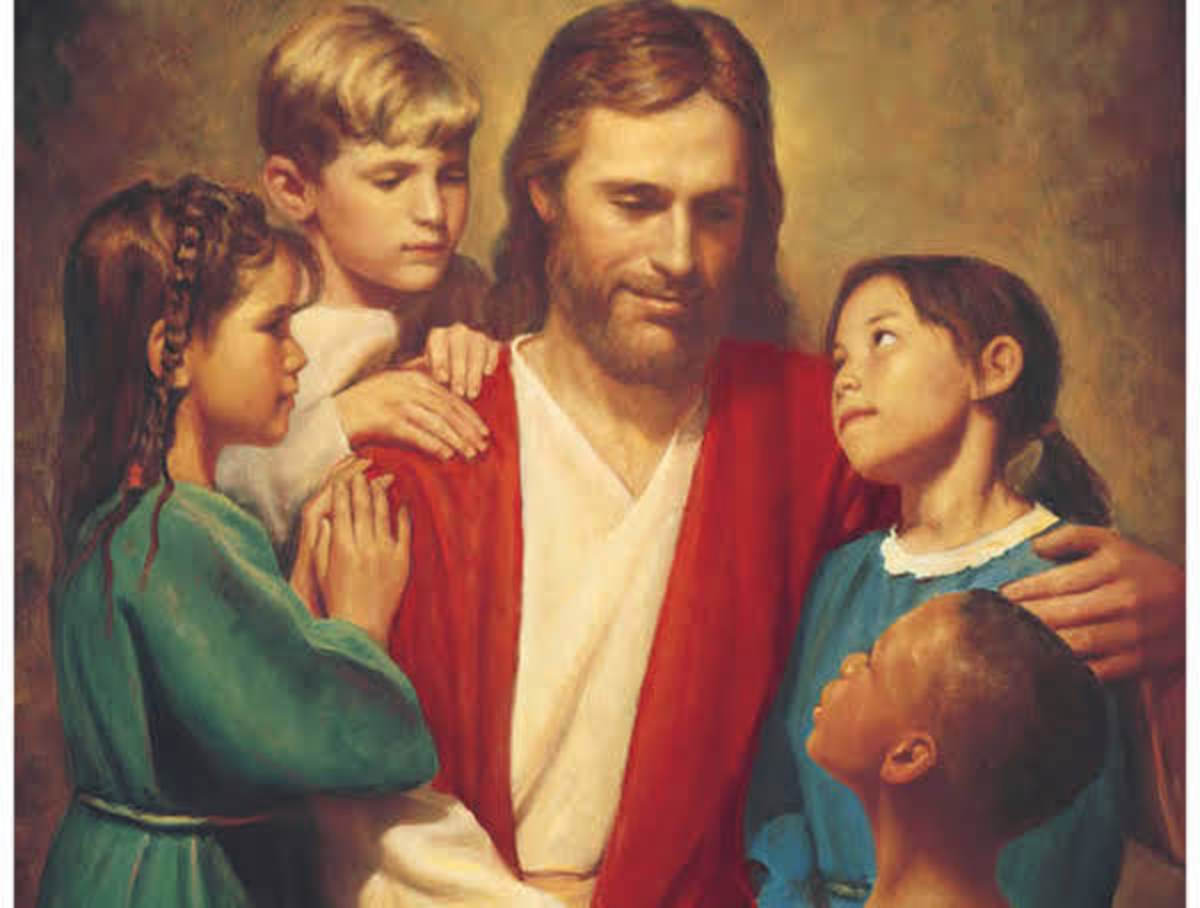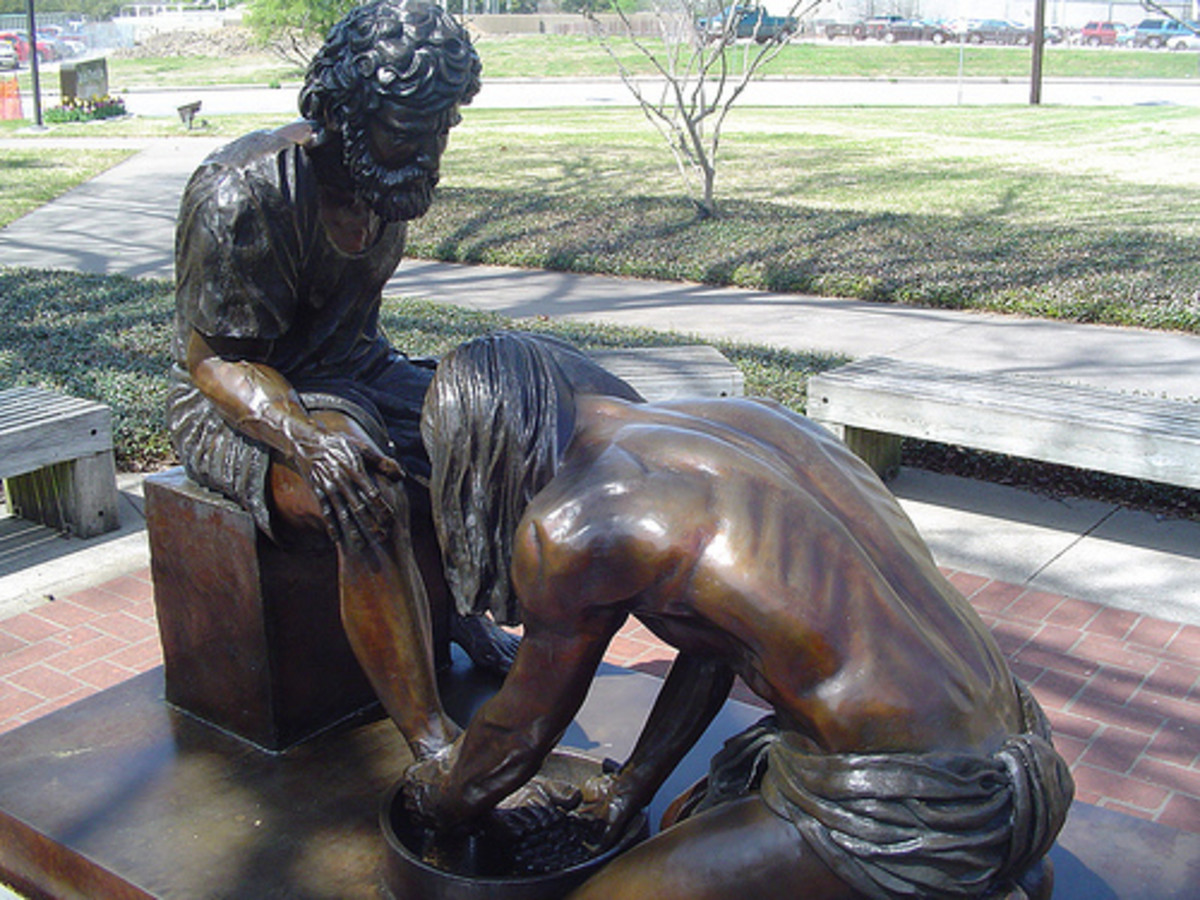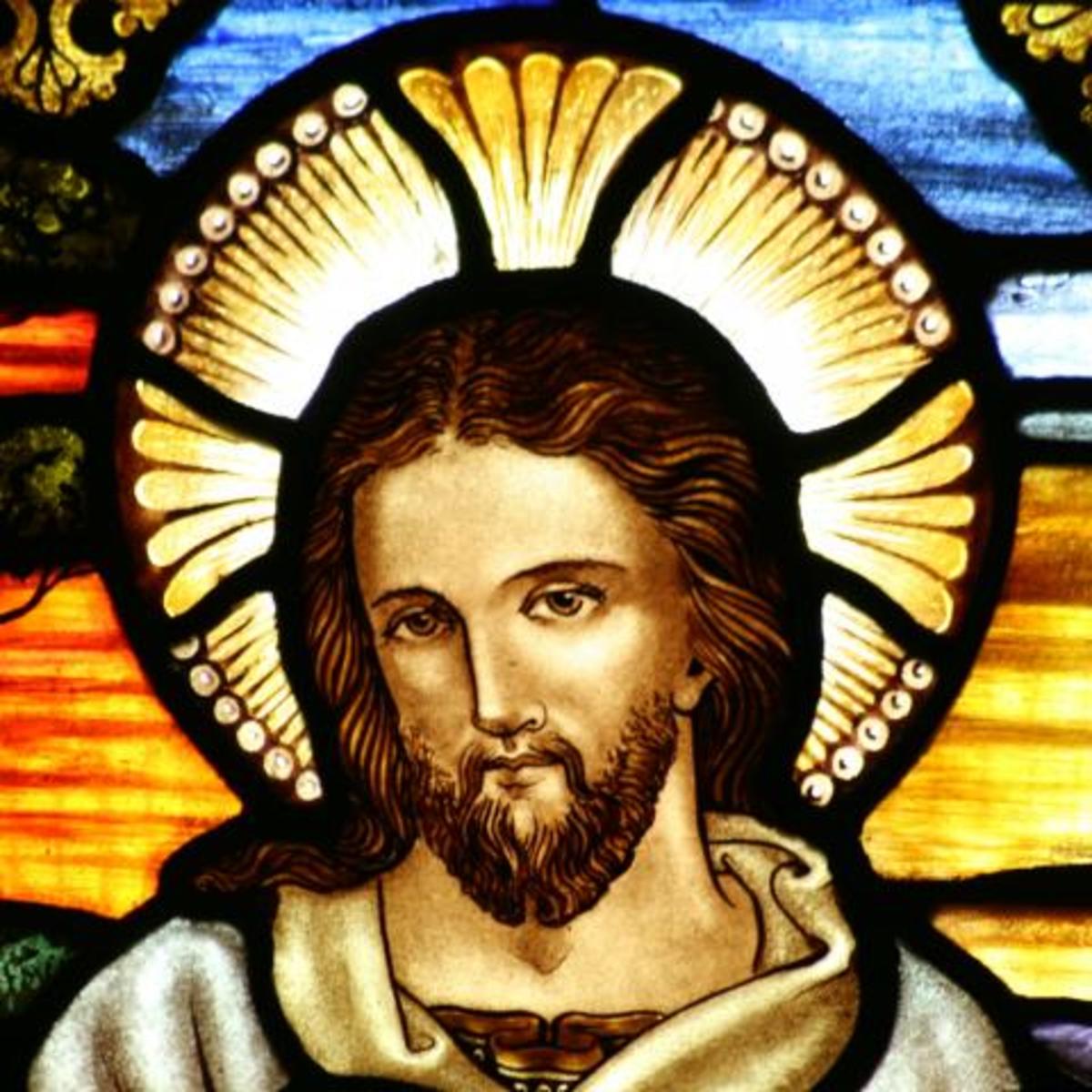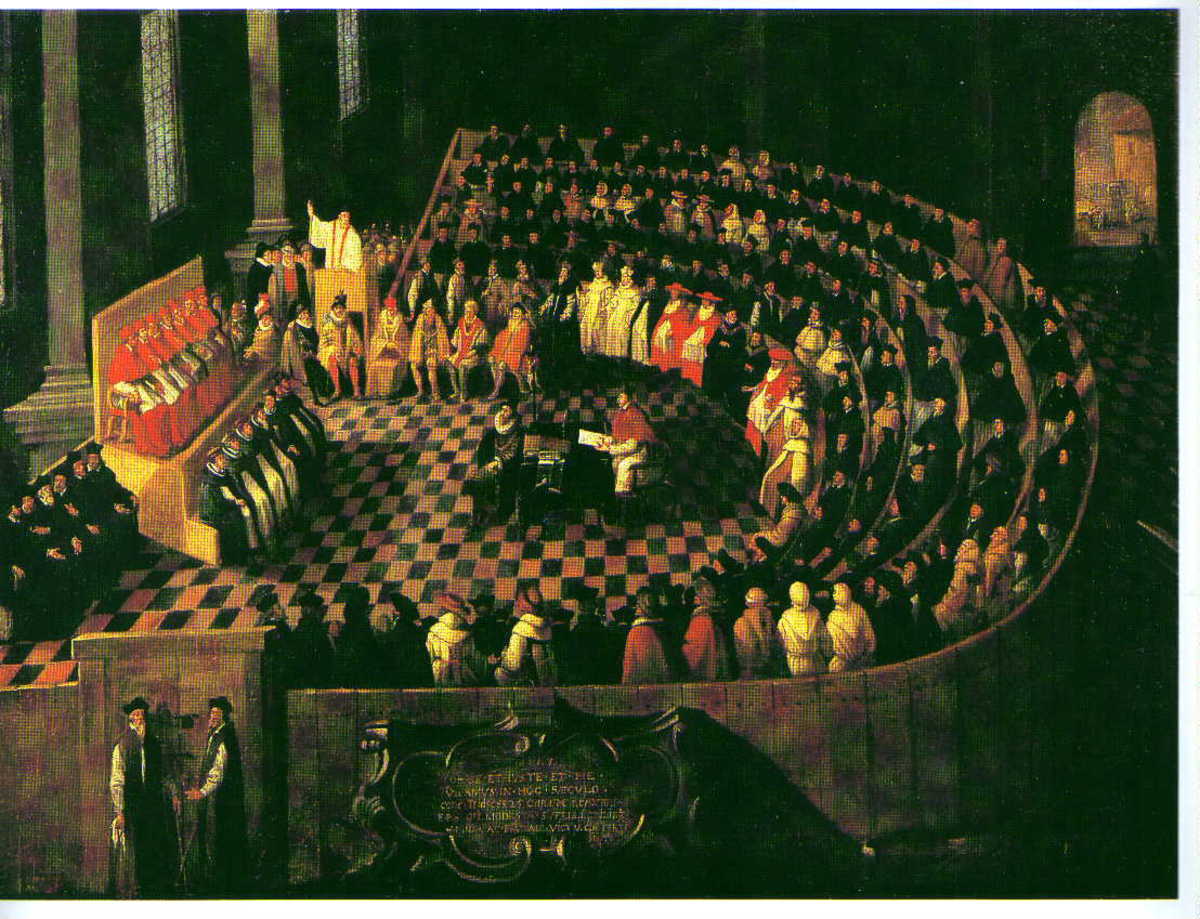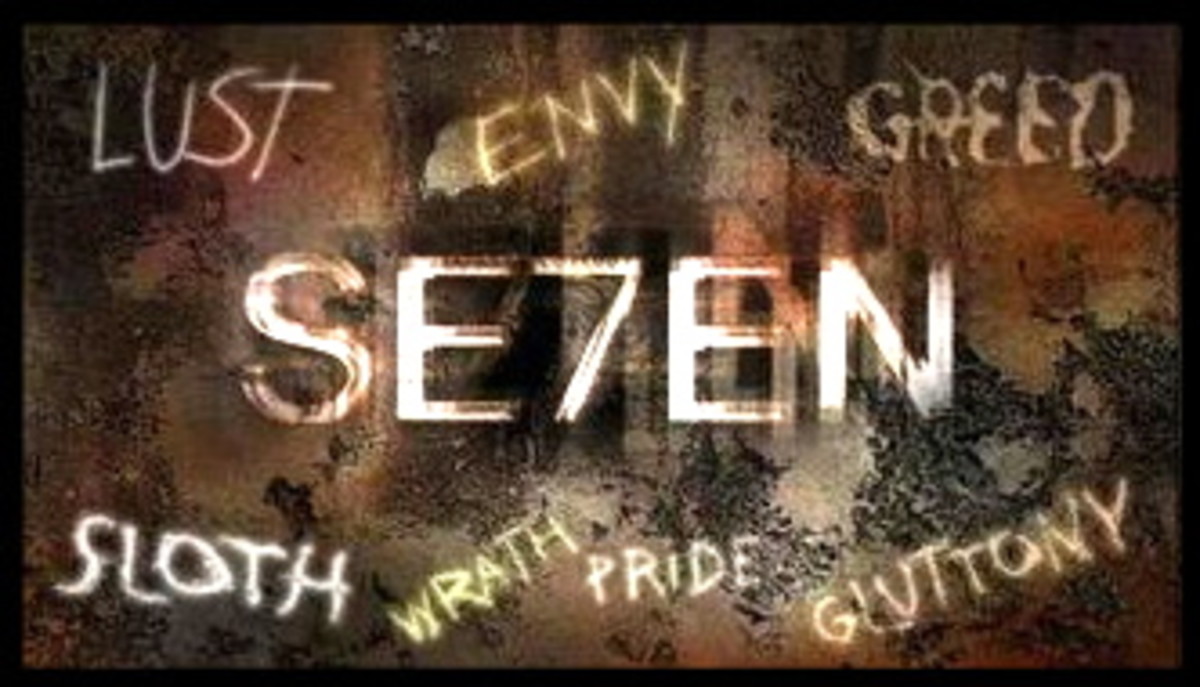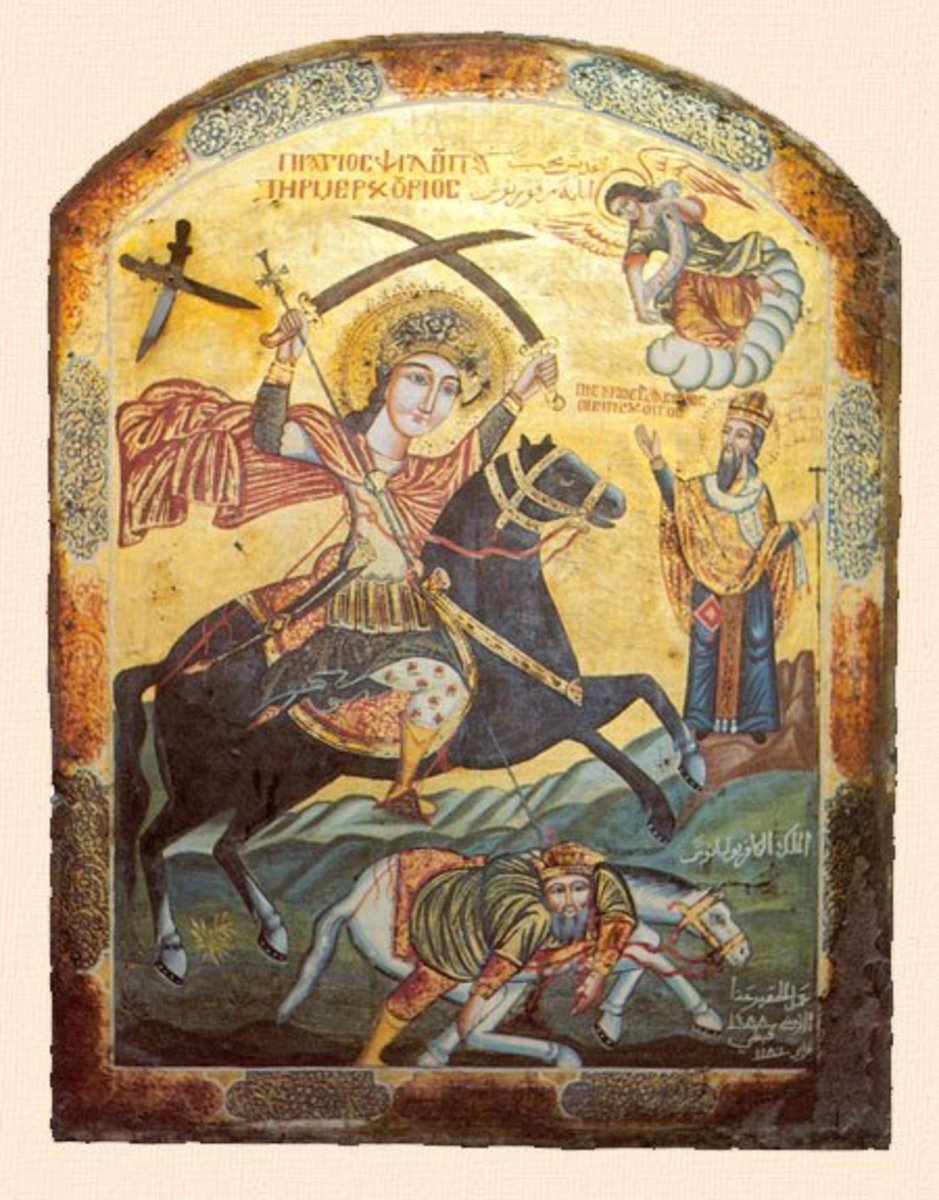Opus Dei -- An Investigation
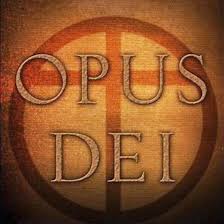
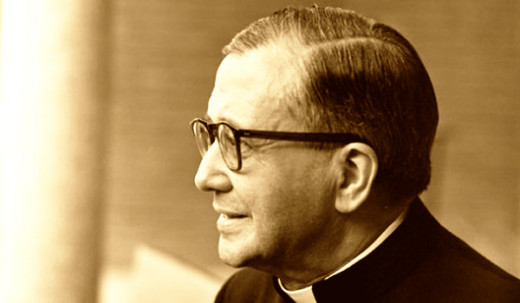
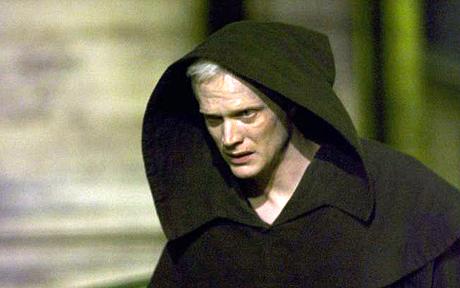

Opus Dei is perhaps the most controversial, interesting, and influential group of nineteenth century Catholicism. No other organization has ensnared the imaginations of authors, been the center of so many attacks, and generated as much debate as has Opus Dei. Credible information regarding Opus Dei, however, is difficult to come by, for authors often adopt an openly hostile or apologetic perspective. For example, Michael Walsh, in The Secret World of Opus Dei, combines poor research with the philosophical fallacy of the straw man to create a rather poor publication that can barely be called scholarly. On the other side of the spectrum, William O’Connor, in his response Opus Dei: an Open Book, contents himself with pointing out Walsh’s obvious bias and repeats time and again the almost mantric formula of “what Opus Dei really is.” Although quality information is scarce, one can still glean an accurate picture of how Opus Dei presents itself. The organization, interestingly, has many thematic similarities with the Second Vatican Council, which it precedes by many years. More so than its charism, its special juridical status in the Church, combined with its purported obedience to the Pope and Magisterium, are the central sources of critique that attract many a conspiracy theory. It would be simple to label Opus Dei as a “conservative Catholic” group, however, a number of issues arise in classifying Opus Dei as such. Firstly, the ostensible political overtones of the “liberal-conservative” model must be critiqued, because it is a grave mistake to impose liberal/conservative political views onto the religious sphere. Instead, the liberal/conservative model must be stripped of its secular biases in order to truly be accurate when used in religious studies, correcting long-standing biases that assume “conservative” religious individuals, of any faith, have a kind of naïve, uncritical faith.
There has been intense debate surrounding what, exactly, Opus Dei is. William O’Connor states that “Opus Dei…is an organization of the Roman Catholic Church which aims to encourage ordinary people of all backgrounds to seek holiness ‘in the middle of the world:’ that is, wherever life finds them, without changing their normal way of life…” (21). A similar message is found on the Opus Dei website, which proclaims, “Opus Dei encourages Christians of all social classes to live consistently with their faith, in the middle of the ordinary circumstances of their lives, especially through the sanctification of their work." As these quotations reveal, Opus Dei encourages its members to work within the secular world, while still retaining, and becoming an example of, a lived and mature Catholic faith. Thus, “not only is work in the world not an obstacle to holiness, but it can be the very stuff of sanctity” (O’Connor, 22). Holiness is cultivated within the world by “sanctifying” it, doing it for God, and offering it as a sacrifice to Him (24). Therefore, one’s career “…is not some kind of compromise, a desacrilisation of the religious life…[r]ather it is a radically new phenomenon, based on a secular spirituality…” (25). Opus Dei itself “exists as a service to the Church, to promote this ideal of the universal call to holiness, especially through work…” (24). Already one can notice that the charism of Opus Dei resonates quite well with many of the conclusions reached at the Second Vatican Council.
The Second Vatican Council inspired many Catholics to rethink numerous aspects of their faith, especially the relationship between, and the roles of, the ordained and the laity. The Council stated that “though they differ essentially and not only in degree, the common priesthood of the faithful and the ministerial or hierarchical priesthood are none the less ordered one to another; each in its own proper way shares in the one priesthood of Christ” (Dogmatic Constitution on the Church, section 10). Understanding that there is some essential difference between the priestly order and the apostolate of the laity, the Council goes on to expound how lay people might carry out their spiritual duties. The Church puts forth that “the holy People of God shares also in Christ's prophetic office: it spreads abroad a living witness to him, especially by a life of faith and love and by offering to God a sacrifice of praise…” (section 12). Here, clearly, can be recognized a similarity between the Second Vatican Council and Opus Dei. O’Connor states that “the teaching of the Second Vatican Council (1962-5) included fundamental ideas on the sanctification of work and the apostolate of the laity – ideas which had, since the 1920s, been a constant teaching of the founder [of Opus Dei]” (27; similar statement on 102). O’Connor is apparently referring to the clause: “but by reason of their special vocation it belongs to the laity to seek the kingdom of God by engaging in temporal affairs and directing them according to God's will” (Dogmatic Constitution on the Church, section 31). Indeed, this clause could easily be read as the charism of Opus Dei and not a section from a Vatican II document!:
They live in the world, that is, they are engaged in each and every work and business of the earth and in the ordinary circumstances of social and family life which, as it were, constitute their very existence. There they are called by God that, being led by the spirit to the Gospel, they may contribute to the sanctification of the world, as from within like leaven, by fulfilling their own particular duties. Thus, especially by the witness of their life, resplendent in faith, hope and charity they must manifest Christ to others. (section 31)
In so doing “the apostolate of the laity is…sharing in the salvific mission of the Church,” and, “therefore all…the Church, whether they belong to the hierarchy or are cared for by it, are called to holiness, according to the apostle's saying: 'for this is the will of God, your sanctification'” (section 33+39). However, if Opus Dei, which preceded the Second Vatican Council, has so much in common with its conclusions (a prime characteristic of “liberal” groups), why does so much controversy surround it? The contestations and bad-press are largely due to the unique juridical status of Opus Dei and the loyalty and obedience of its members to the Pope and Magisterium, characteristics that often belie a more conservative outlook.
Opus Dei is the only personal prelature in the Catholic Church, granting it special privileges and powers. The Opus Dei website describes that “personal prelatures, as envisaged by the Second Vatican Council, are made up of a pastor, a presbyterate consisting of secular priests, and men and women lay faithful. The prelate, who may be a bishop, is appointed by the Pope, and governs the prelature with power of governance or jurisdiction." This, in effect, makes Opus Dei a diocese unto itself, directly connected to Rome and the Pope, which transcends geographical constrictions, although “the faithful of the prelature continue to belong to their local church and to the diocese where they live." The purpose(s) behind elevating Opus Dei to such a status are laden with conspiracy theories. At the most basic level, however, it allows Opus Dei to operate in a trans-geographical manner, giving the organization unity and support (O’Connor 98-102). Additionally, and this claim (I believe) does not get so close to absurdity as to render it invalid, in elevating Opus Dei to the class of a personal prelature of the Catholic Church, the Pope has immediately under his jurisdiction and guidance a mobile core of ardently faithful individuals. As Michael Walsh notes, “there would be advantages for the Church if it were to be granted this status…for it would strengthen the service which Opus could offer the local Church and would put at the disposal of the Holy See a ‘mobile corps’ (an expression, incidentally, more commonly used of the Jesuits) who could go where most needed” (78). While Mr. Walsh certainly misunderstands Opus Dei to some degree, he does correctly note the universality characteristic of a personal prelature. Richard John Neuhaus notes in his article “A Continuing Survey of Religion and Public Life” that:
The opposition to Opus Dei cannot be explained without at least some reference to jealousy. Competition and jealousy among religious movements in the Catholic Church is nothing new, and some Opus Dei members are not hesitant to suggest that theirs is now the role in the Church once played by the Jesuits. The Jesuits, who were once viewed as the elite corps of the papacy, have in recent decades had a sharply attenuated relationship to the hierarchical leadership of the Church. The famous "fourth vow" of allegiance to the pope is now frequently understood by Jesuits as a vow to the papacy in general-meaning the papacy as they think it ought to be. (71-87)
Clearly then, Opus Dei’s filial obedience to the Pope and Magisterium constitutes the second main locus which is criticized and draws attention.
Like many so-called “conservative” groups within, or connected to, the Church Opus Dei places a strong emphasis on obedience to the Pope and the Roman Curia. This loyalty is often criticized by more “liberal” individuals from within the Church and secular folk without. For example, Mr. Walsh states that members of Opus Dei “are to show sincere love for, veneration of, meekness towards and adherence to the Roman Pontiff and all other bishops in communion with the apostolic see,” while “making a special point of fostering obedience to…the Pope and the bishops” (97). He goes on to claim that “Opus Dei does not have any opinion of its own on philosophical or theological issues where members of the Church in general are free to choose as they wish…” (99). Mr. Walsh, however, fails to understand that for Opus Dei, and, I would argue, for most Catholics most of the time, being in agreement with the Church on “philosophical and theological issues” is the defining characteristic of Catholic identity. William O’Connor responds in stating that members of Opus Dei are “guilty” to the charges of being loyal to Pope and Church (17-8). Mr. O’Connor rightly points out that Mr. Walsh “does not take the trouble to clarify that, in this respect, Opus Dei demands from its members nothing more and nothing less than what the Church expects from all the faithful” (71). It is the policy of the Catholic Church to distribute communion with the expectation that the recipient is in a state of grace and in agreement with all the philosophical, moral, and theological teachings of the Church, unless one’s conscience, having consulted the Holy Spirit, is unable to agree. “From then on,” says O’Connor, “as far as the prelature is concerned members are on their own, as they make up their own mind in all professional, family, social, political and cultural matters, matters which the Church leaves open to the free decision of the faithful” (34). Considering all the characteristics and beliefs of Opus Dei, it would be simple to classify them as a “conservative Catholic” organization. But is this a fair assessment considering the self-understanding of the members of Opus Dei?
The beliefs and practices of Opus Dei all fit the pattern of a “conservative Catholic” group. Their ardent devotion to the Church’s teachings, their loyalty to the Pope, and the obedience they espouse to the Magisterium all characterize other so-called “conservative” groups. Yet, there are important issues on which Opus Dei’s members are less vocal. Take abortion or the use of contraception, for example. If the members of Opus Dei maintain their self-proclaimed obedience to Rome, then both abortion and contraceptive use would be unacceptable, and indeed deplorable. However, nowhere in either Mr. Walsh’s or Mr. O’Connor’s book is it ever mentioned that Opus Dei openly campaigned against either. While it could be claimed that Opus Dei exercises its influence in less overt ways, the fact remains that how individual members act openly in regards to these issues remains entirely up to them; apparently Opus Dei, as an organization, does not consider open lobbying such issues a priority. This makes sense considering that Opus Dei is primarily concerned with helping foster holiness in and through its members’ lives in the secular world, specifically through their work. Thus, the open and sometimes hostile opposition to divisive issues over which “liberals” and “conservatives” tend to battle is completely absent in the context of Opus Dei. To further complicate the designation of Opus Dei as “conservative” is the strong thematic similarity between its charism and the Second Vatican Council, often considered a “liberalization of the Church.”
This tension indicates a fundamental problem with attempting to schematize religious groups on the liberal-conservative spectrum, for the liberal/conservative continuum is fundamentally a political and secular construct, one not native to the study of religion. Stated differently, it takes an outsider perspective and then imposes its alien views onto a religious body for which it is unfit. It would be much more beneficial to utilize the typology from within the religious tradition. The “center” or “moderate” position should be defined by the tradition itself, namely that a Catholic is one who agrees with the teachings and traditions of the Church as far as his/her conscience will allow and self-identifies as such. The degree to which the individual or group disagrees with the Church determines the amount of variation from the “moderate” position. Thus, followers of Lefebre would constitute the far right, while those who lobby for abortion, female ordination, contraception, etc. would constitute the left. This may appear very similar to the dominant paradigm of schematization, but the essential and crucial difference is that it starts with belief, which comes to the individual through God, instead of recognizing similarities between political/secular values and religious values and imposing the former onto the latter. This paradigm must be stripped of its inherent biases that are unscholarly and detract from the discipline of religious studies.
By imposing a political typology on a religious setting a most crucial element is lost – the belief in the transcendent. Political theory, along with much of modern education, dismisses the possibility that a transcendent reality or truth could exist. Indeed, such a belief has, apparently and phenomenologically, little to do with the study of politics. But this is simply not the case in religious studies. If a scholar approaches a religion in hopes of studying it, while simultaneously negating the possibility of the existence of any supra-normal entity or reality, his/her study will no doubt fail to reflect the beliefs of the chosen religious group, because such a reality exists for those being studied! Perhaps a Catholic is politically conservative, and would be classified as such, when doctrinally and theologically, in relation to the dominant values of the religion itself, s/he is moderate. Opus Dei is such a case. Politically, yes, it can be considered conservative in many matters; however, it acts and understands itself as doing only what the Church asks of all the faithful. Indeed, its charism is very similar to the conclusions of the Second Vatican Council, often considered a “conciliatory event” in the “liberalization” of the Church. Thus, on a Catholic spectrum it can rightly be termed “moderate.” While certainly this re-thought paradigm is not flawless, for, it could be argued, every Catholic, whether radical or reactionary, is doing what s/he believes “the Church is saying,” it does correct many problems in the current usage of the typology. For example, it is often implied in various writings, such as Mr. Walsh’s, that (politically) “conservative” religious groups have a mindless, childish faith, for they do exactly what they are told, and never decide for themselves what is right and wrong. Obviously this opinion is intensely biased by a politically liberal perspective. Why is it impossible to think that after critical analysis, prayer, and conscious-searching conservative Catholics arrive at well-formed conclusions that inform their faith? Such are the dangers of the imposition of external, secular sensibilities on religious studies.
Much can be gleaned by penetrating deeply into the categorization and construction of Opus Dei. On the surface level it is an organization within the Catholic Church that facilitates the spiritual development of its members by encouraging them to cultivate holiness in and through their work in the secular world. Interestingly, this charism resonates well with many of the resolutions of the Second Vatican Council, which its formation preceded. Opus Dei, then, would seem to be a rather harmless group. However, its status as a personal prelature of the Church, effectively making it a trans-national diocese unto itself, has attracted much attention. Various conspiracy theories have emerged, stimulated by the organization’s strict obedience to the papacy and the Roman Curia. These “conservative” characteristics, combined with others not mentioned in this essay, have colored, at least in the popular mind, Opus Dei as an extremely conservative group. However, in analyzing the “liberal/conservative” construct, one finds many faults. Firstly, it is a paradigm largely created by and for the analysis of politics. When applied to religious studies it is important to strip the heuristic tool of all its biases and not apply them to the study of religion. Instead of gauging the political beliefs of Catholics, for which, to a large degree, and perhaps unknowingly, it has been utilized, it should evaluate their religious convictions vis-à-vis espoused doctrinal orthodoxy. This correction allows the scholar of religion to truly appreciate the beliefs of Catholics within the sphere of religion, and not politics. In this way, the frequent, yet subtle, liberal biases against conservative faith may be dissolved, allowing for a truly constructive investigation into Catholic belief to take place.
Succinct explanation of Opus Dei by the Catholic Church
History Channel's piece of Opus Dei. History Channel is not always a good source of scholarship, however.
Interview with the authors of "Women of Opus Dei"
Part 2!
Works Cited
Neuhaus, Richard John. “A Continuing Survey of Religion and Public Life.” First Things Issue 57 November 1995: 71-87.
O’Connor, William. Opus Dei: an Open Book. The Mercier Press: Dublin, 1991.
Opus Dei Website – www.opusdei.org.
The Dogmatic Constitution on the Church:
Walsh, Michael. The Secret World of Opus Dei. Grafton Books: London 1989.



